You may not realise it, but App developers also offer discounts on CyberMonday, not just online retailers. Gizmodo has a list of the best App deals for iOS and Android for today.
http://gizmodo.com/the-best-cyber-monday-app-deals-1474660885

You may not realise it, but App developers also offer discounts on CyberMonday, not just online retailers. Gizmodo has a list of the best App deals for iOS and Android for today.
http://gizmodo.com/the-best-cyber-monday-app-deals-1474660885
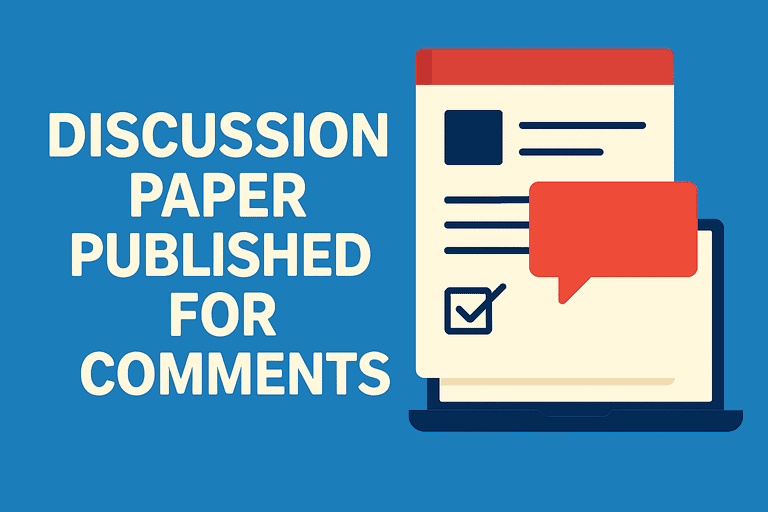
The Telecommunications Authority of Trinidad and Tobago (TATT) has published for comment a Draft Consumer Rights and Obligations Policy. This is the fourth version of the policy incorporating changes prompted by comments received by TATT.
From the document:
“This Draft Consumer Rights and Obligations Policy seeks to make recommendations that would safeguard the interests of consumers in the telecommunications and broadcasting sectors. The final policy should ensure that consumers have a right to the following:
Download/View:
Deadline for comments is December 12 2013 using the TATT ‘s Procedures for Consultation in the Telecommunications and Broadcasting Sectors of Trinidad and Tobago
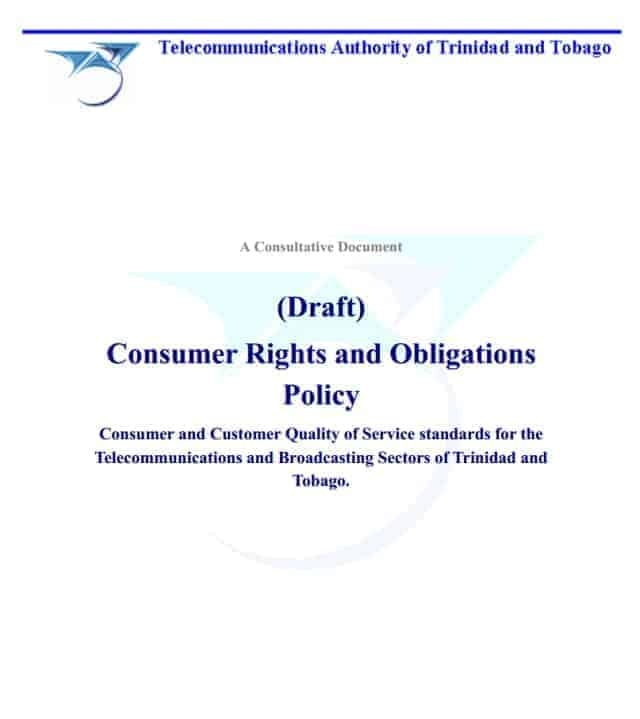
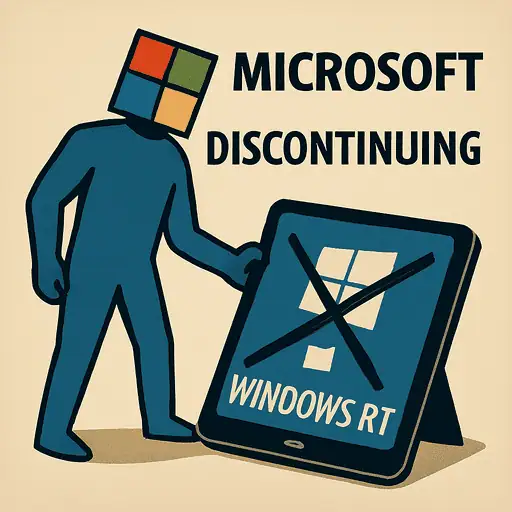
According to the Guardian (UK):
“Microsoft looks ready to kill off Windows RT, its version of Windows devised for chips based on ARMs architecture, judging by remarks by senior executive Julie Larson-Green.Larson-Green, who is executive vice-president of Devices and Studios at Microsoft, said that the aim of Windows RT was “our first go at creating that more closed, turnkey experience [that Apple has on the iPad]…” but that Microsoft now has three mobile operating systems: “We have the Windows Phone OS. We have Windows RT and we have full Windows. Were not going to have three.”
Read rest of article at Microsoft ready to kill Windows RT | Technology | theguardian.com.
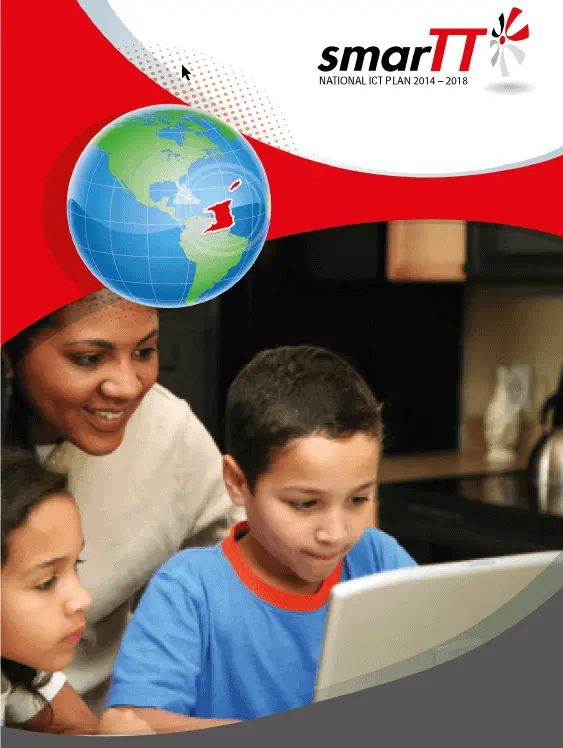
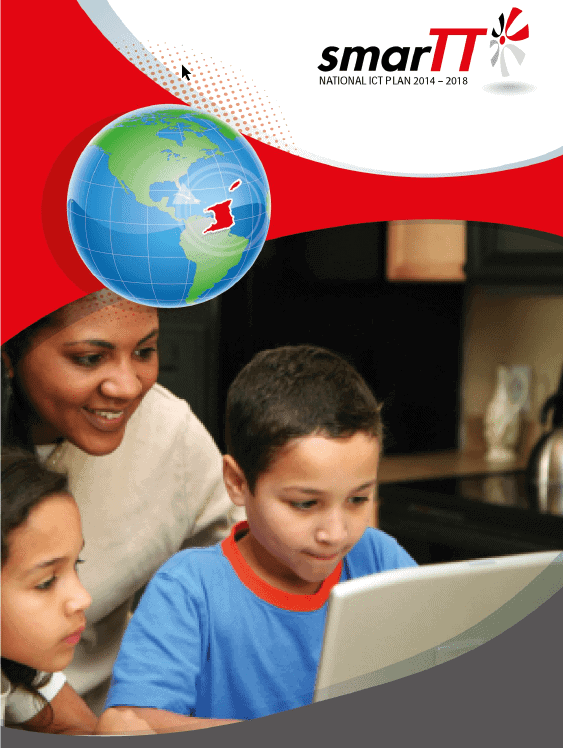
On November 2013, the Trinidad and Tobago Cabinet approved the National Information and Communications Technology (ICT) Plan 2014-2018, called “smarTT” after the consultations in 2012
Read/View smarTT National ICT plan 2014-2018 (PDF ; 8.2MB ; 158 pages)
smarTT comprises five (5) thematic areas, nineteen (19) key imperatives, and fifty-six (56) programmes, along with accompanying high level activities.
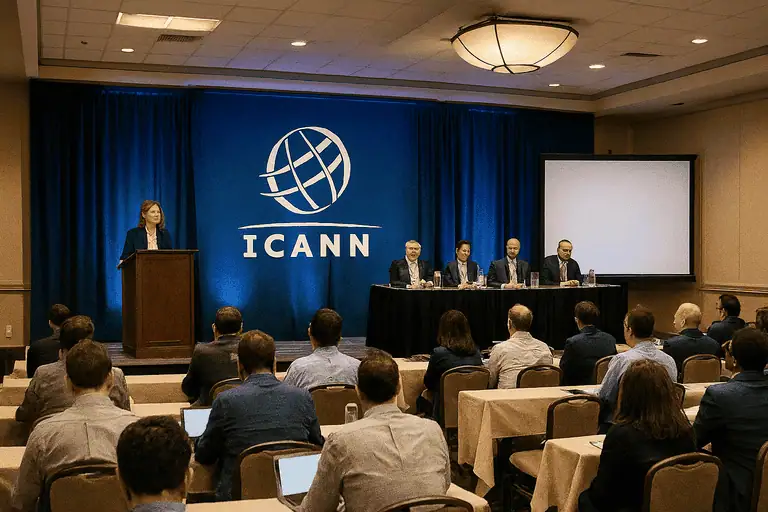

The Internet Corporation for Assigned Names and Numbers 48th public meeting begins this Sunday November 17th to Thursday November 21 2013.
The full meeting schedule can be viewed at http://buenosaires48.icann.org/en/schedule-full. Each meeting on http://buenosaires48.icann.org/en/schedule-full has a link to aseparate meeting page (for example, the ALAC and Regional Leadership Working Session 1 meeting at http://buenosaires48.icann.org/en/schedule/sun-alac-regional) has remote participation details and the agenda that allows anyone with a broadband connection to attend the live sessions and participate.
Note that the times of meetings are listed in the local time in Buenos Aires, Argentina which is UTC/GMT -3 hours. This means that the time in Buenos Aires is 1 hour ahead of the time in Trinidad and Tobago. This means that a time of 4pm local time in Buenos Aires is 3pm in Trinidad and Tobago
The Trinidad and Tobago Computer Society (TTCS) is involved in ICANN At-Large. At-Large is the name for the community of individual Internet users who participate in the policy development work of ICANN. Currently, the vice chair of TTCS, Dev Anand Teelucksingh serves on the At-Large Advisory Committee (ALAC) which provides advice on ICANN activities as it relates to the interests of the individual internet end users. The agendas of all the At-Large meetings can be found at https://community.icann.org/x/nFl-Ag
There are several meetings during the ICANN 48 Buenos Aires meeting with a significant focus on Latin American and the Caribbean.
See http://buenosaires48.icann.org/en/schedule/lac-participant-guide-13nov13-en.pdf

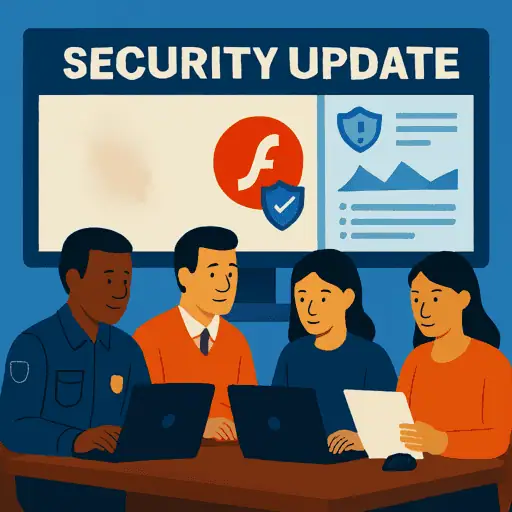

According to the Adobe Security Bulletin dated November 12 2013, Adobe has released updated versions of Adobe Flash Player for:
to ” address vulnerabilities that could cause a crash and potentially allow an attacker to take control of the affected system.”
You can read the Adobe Security Bulletin at http://www.adobe.com/support/security/bulletins/apsb13-26.html but the vulnerabilities in versions of Adobe Flash before November 12 2013 could allow for execution of unwanted code (typically malware), without your consent just by visiting a website with malicious Flash applications or video (SWF). Therefore, you should update your Adobe Flash Player to the latest version to close this loophole.
To determine what version of the Adobe Flash player you have on your Windows, Macintosh or Linux system, visit http://www.adobe.com/software/flash/about/
To download the latest version of Adobe Flash Player, visit http://www.adobe.com/products/flashplayer/distribution3.html
Windows users should note that the Flash Player in v9 and earlier versions of Microsoft Internet Explorer v9 and the one in web browsers like Opera, Mozilla Firefox and Safari are separate installs. You should install and update both versions of Adobe Flash.
Internet Explorer v10 and Internet Explorer v11 (for users for Windows 7 Service Pack 1 and Windows 8) browsers have Adobe Flash Player built-in and users should update their Internet Explorer browser versions.
Google Chrome browser users has Adobe Flash Player built-in and users should update the Google Chrome browser to the latest version. See http://www.google.com/support/chrome/bin/answer.py?answer=95414 on how to do so.

Very Impressive. From the Microsoft Research page :
“A new research prototype from Microsoft Research Asia, the Chinese Academy of Sciences, and Beijing Union University uses Kinect technology to translate sign language into spoken language—and spoken language into sign language—in real time. It translates from one sign language to another (such as between American sign language and Chinese sign language), and helps people who can hear communicate with people who are deaf or hard of hearing.
The sign language translator uses computational and sensor technology—specifically Kinect’s ability to capture visual and articulation data simultaneously. Machine learning and pattern recognition enable the tool to interpret the meaning of the different gestures captured by the Kinect device. By reducing communication barriers and facilitating social interactions, this tool has the potential to help improve the quality of life for people who are deaf or hard of hearing.”
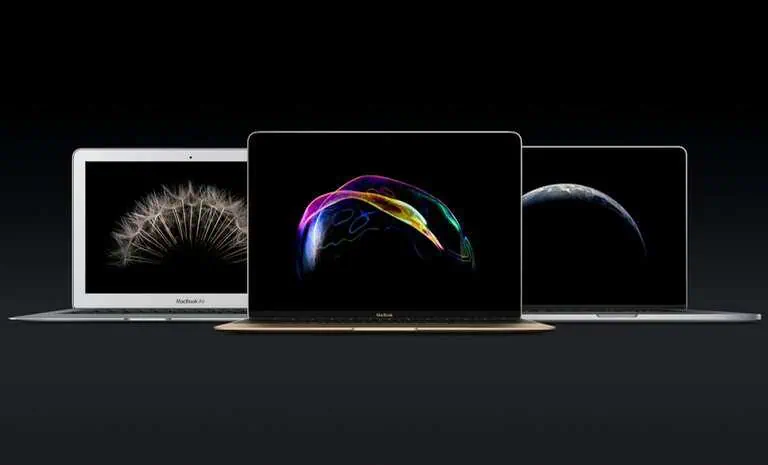
Ars Technica reviews and compares the 13″ Macbook Air and the 13 inch Retina MacBook Pro.
How to choose: 13-inch MacBook Air vs. 13-inch retina MacBook Pro | Ars Technica.
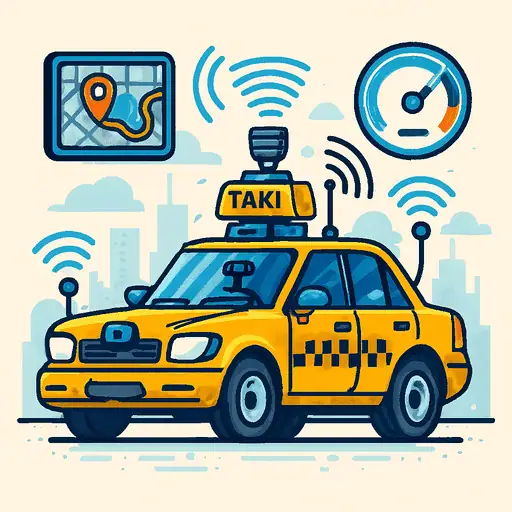
Laptop Magazine profiles what claimed to the be the most high tech cab in New York : Car Force One